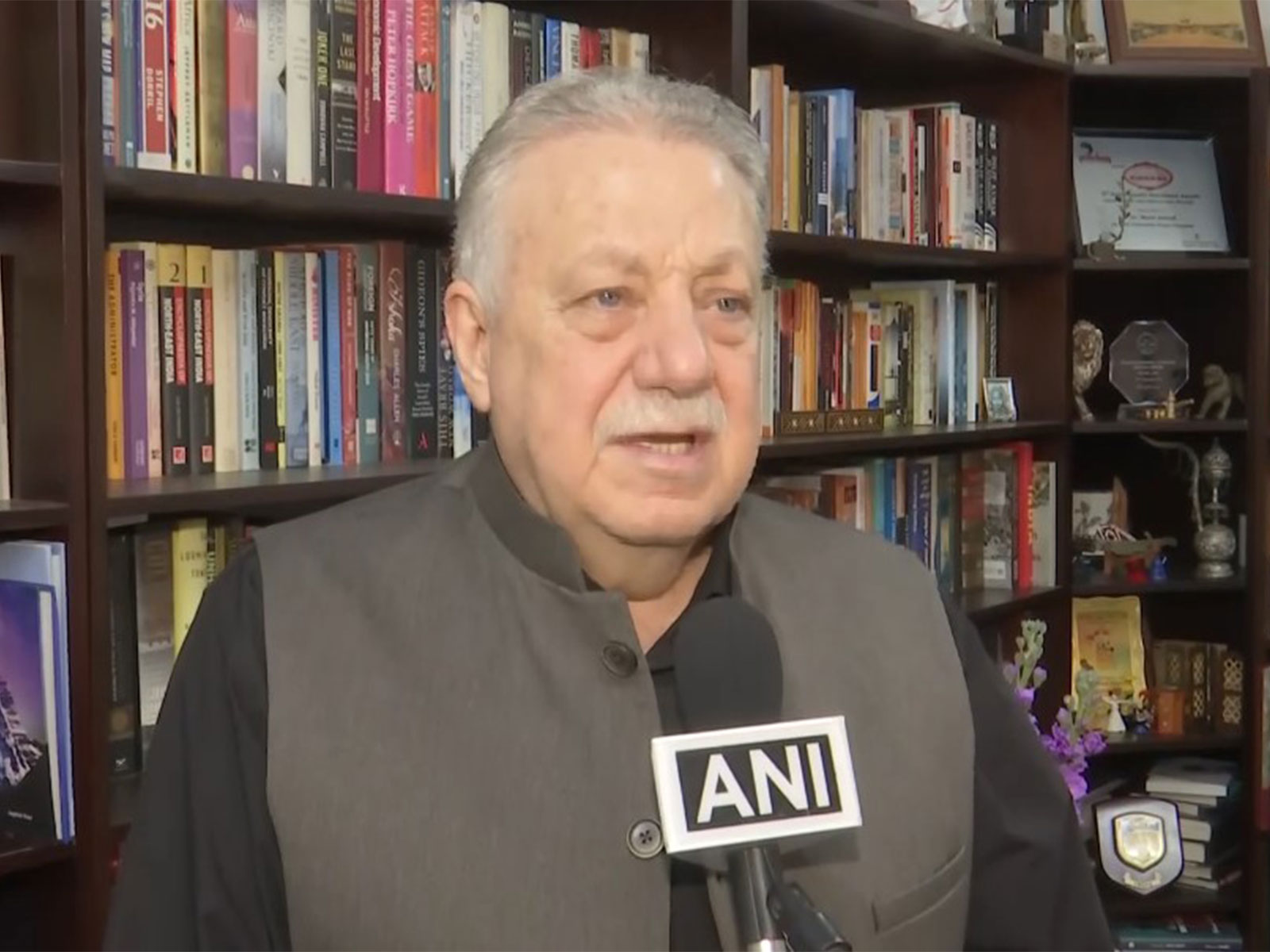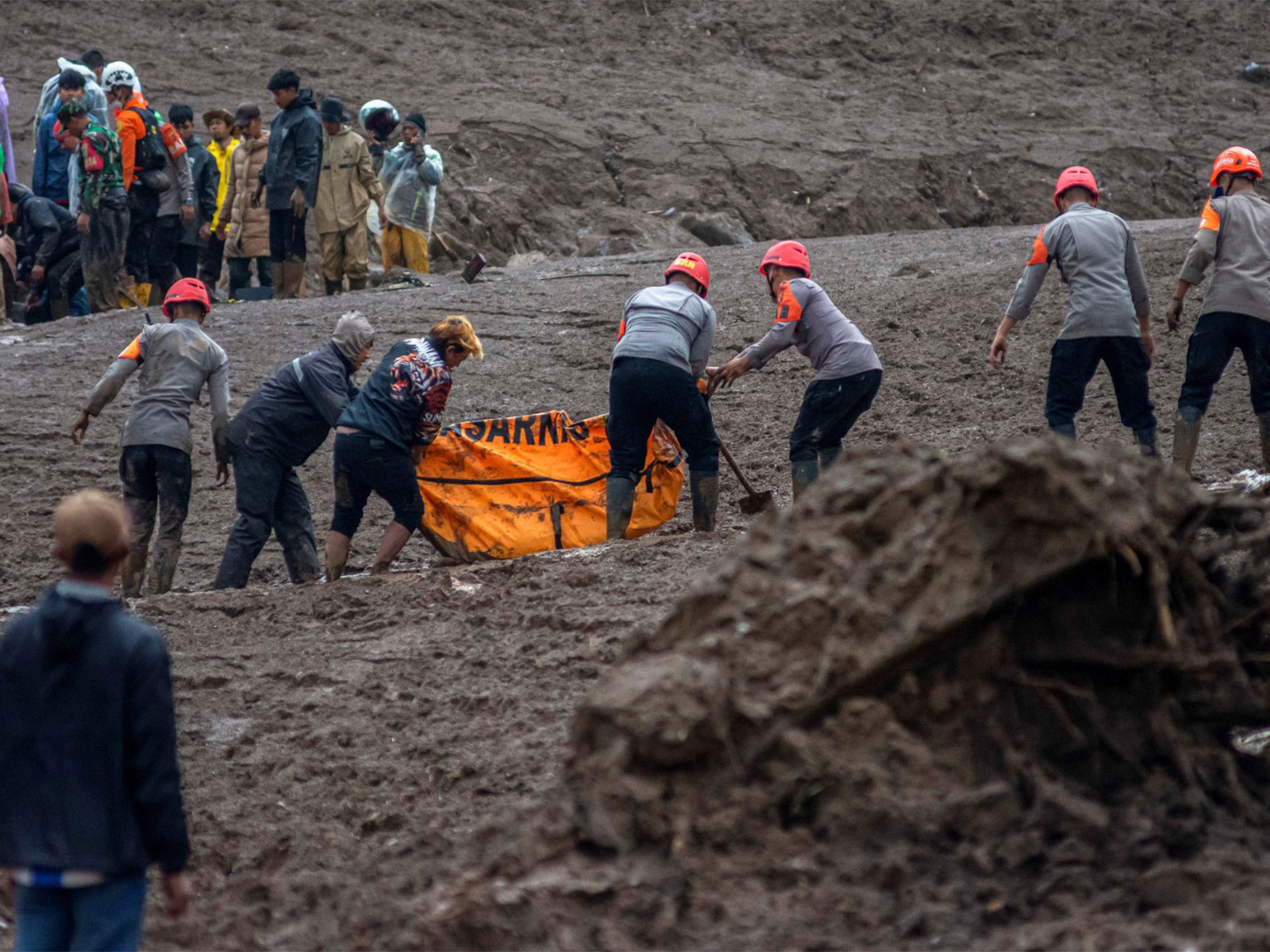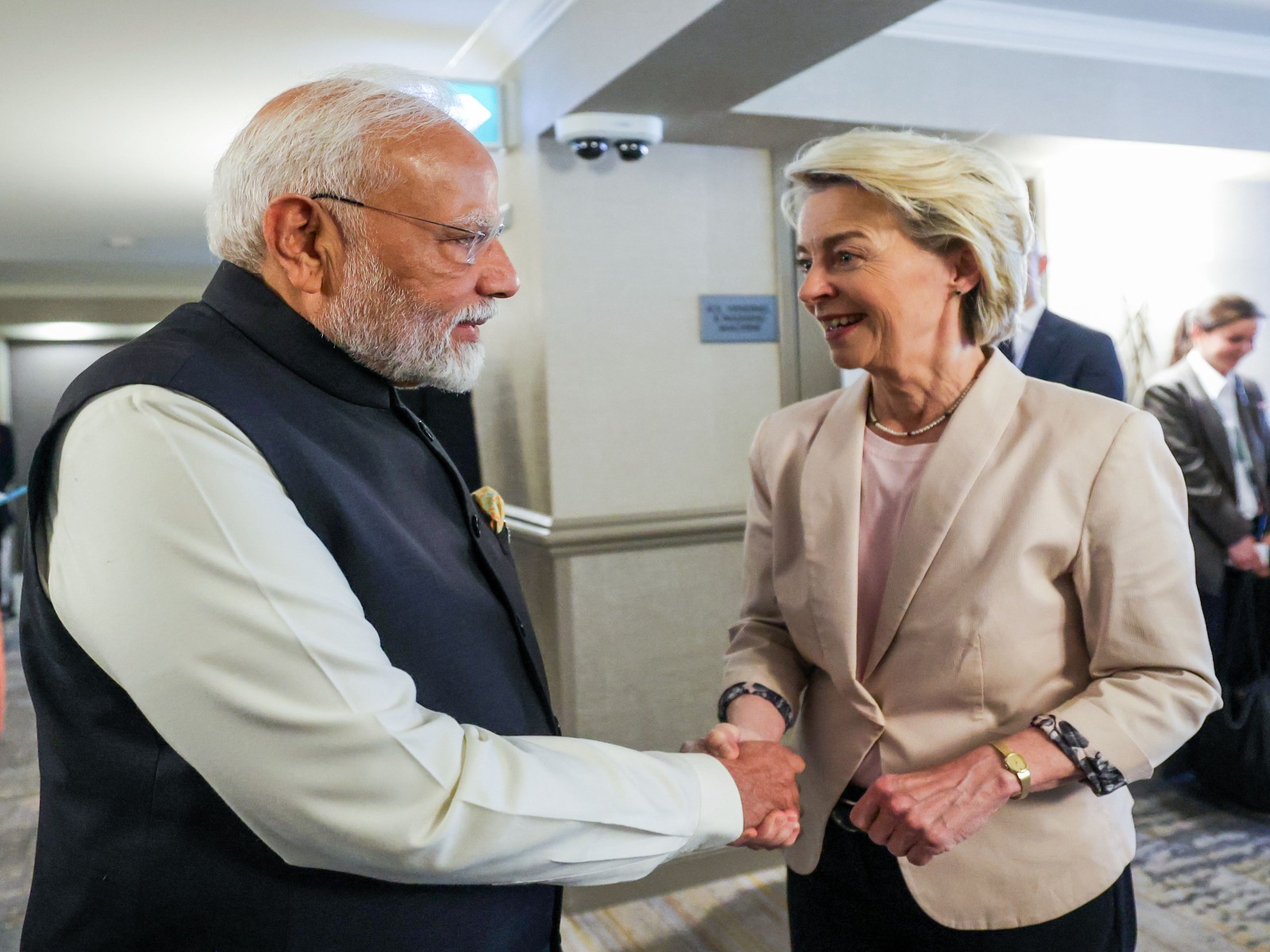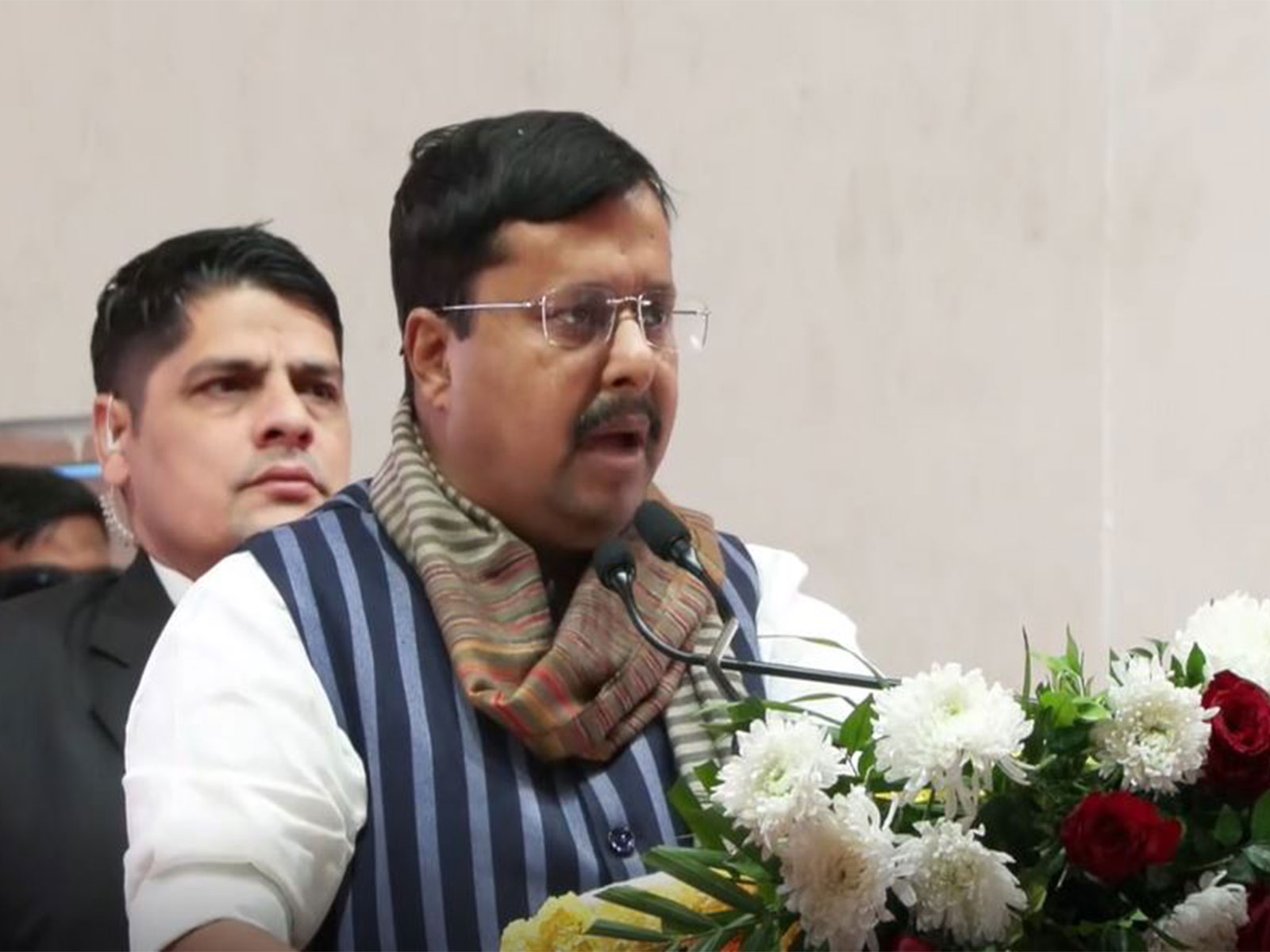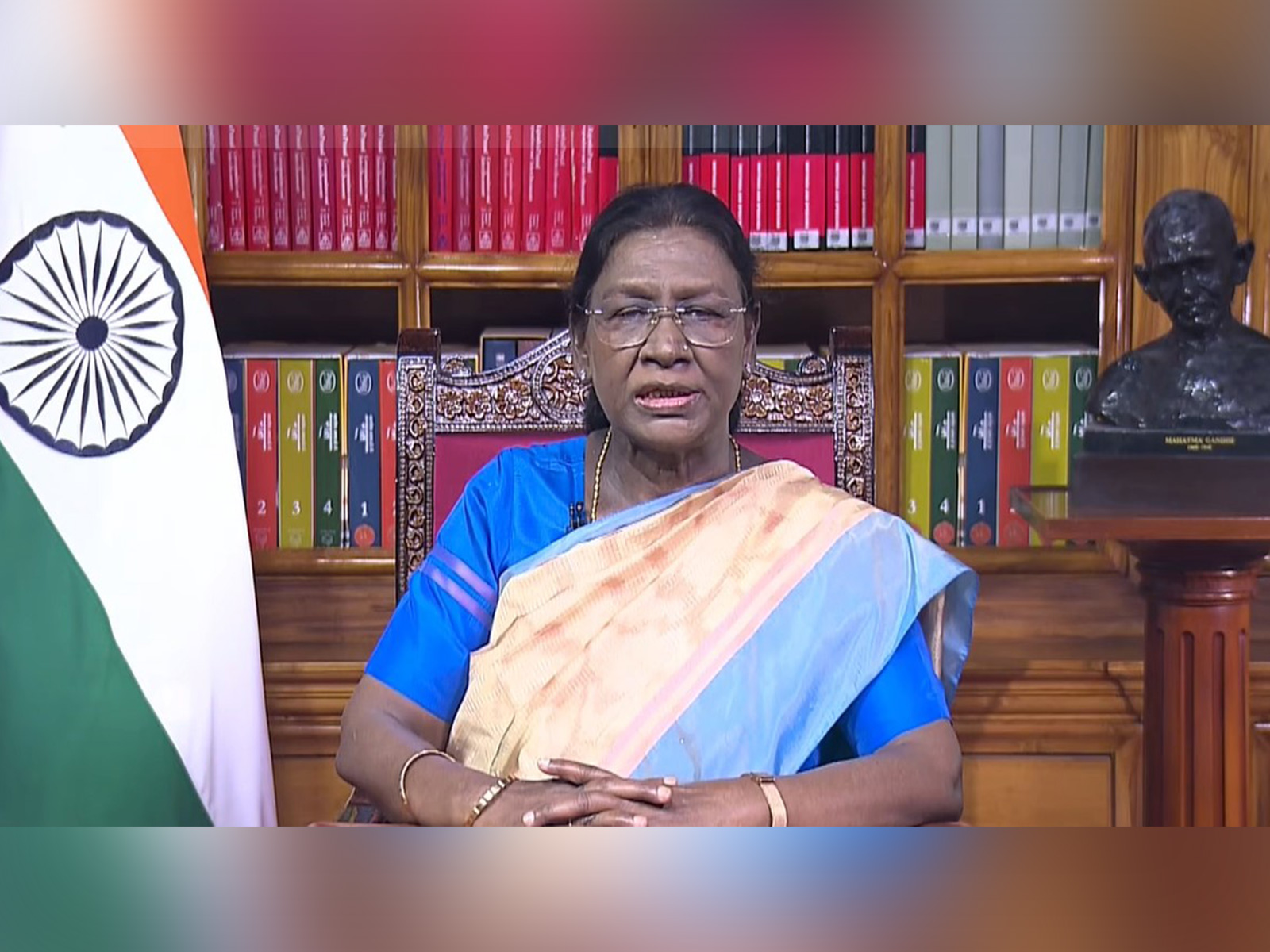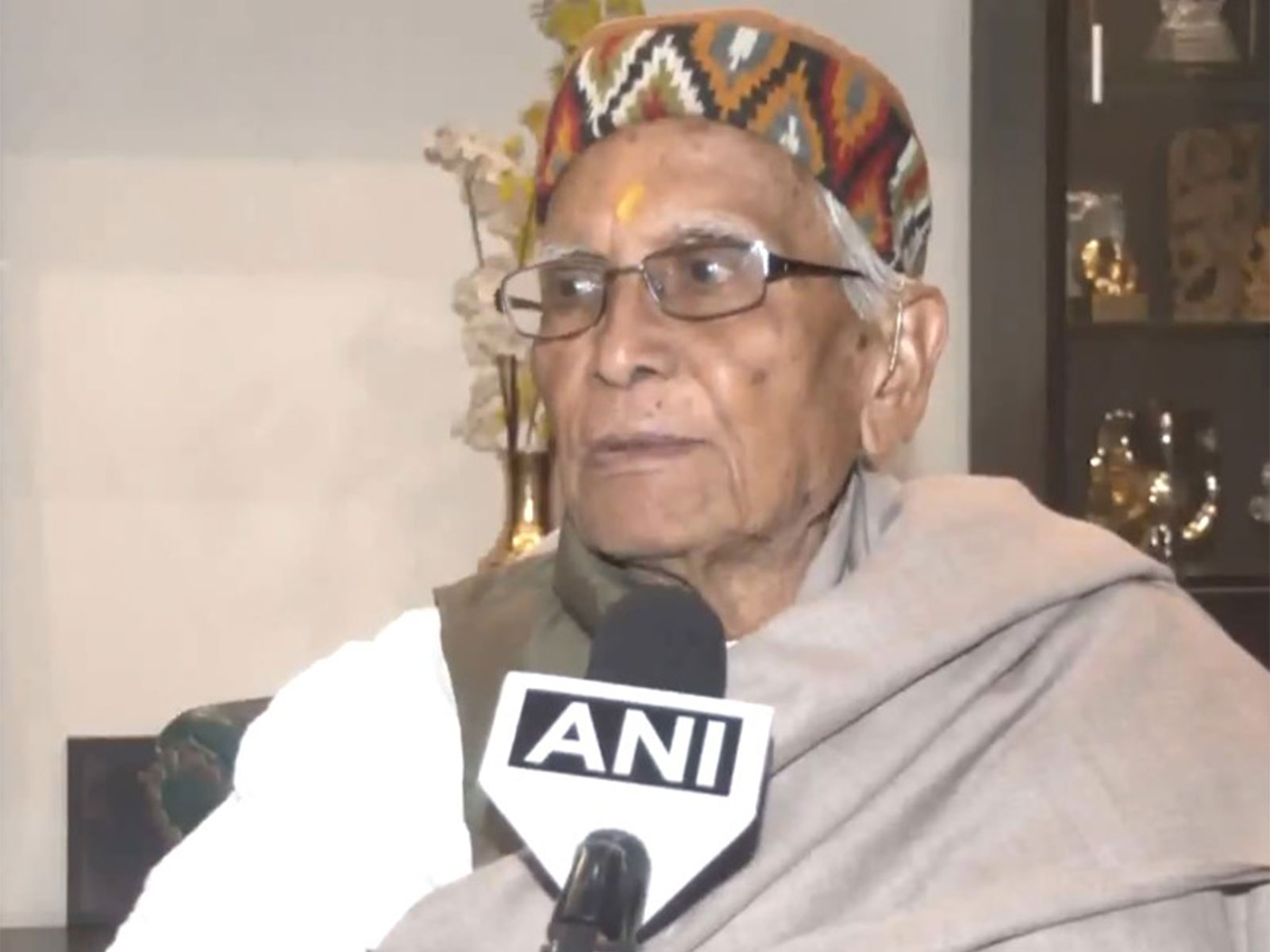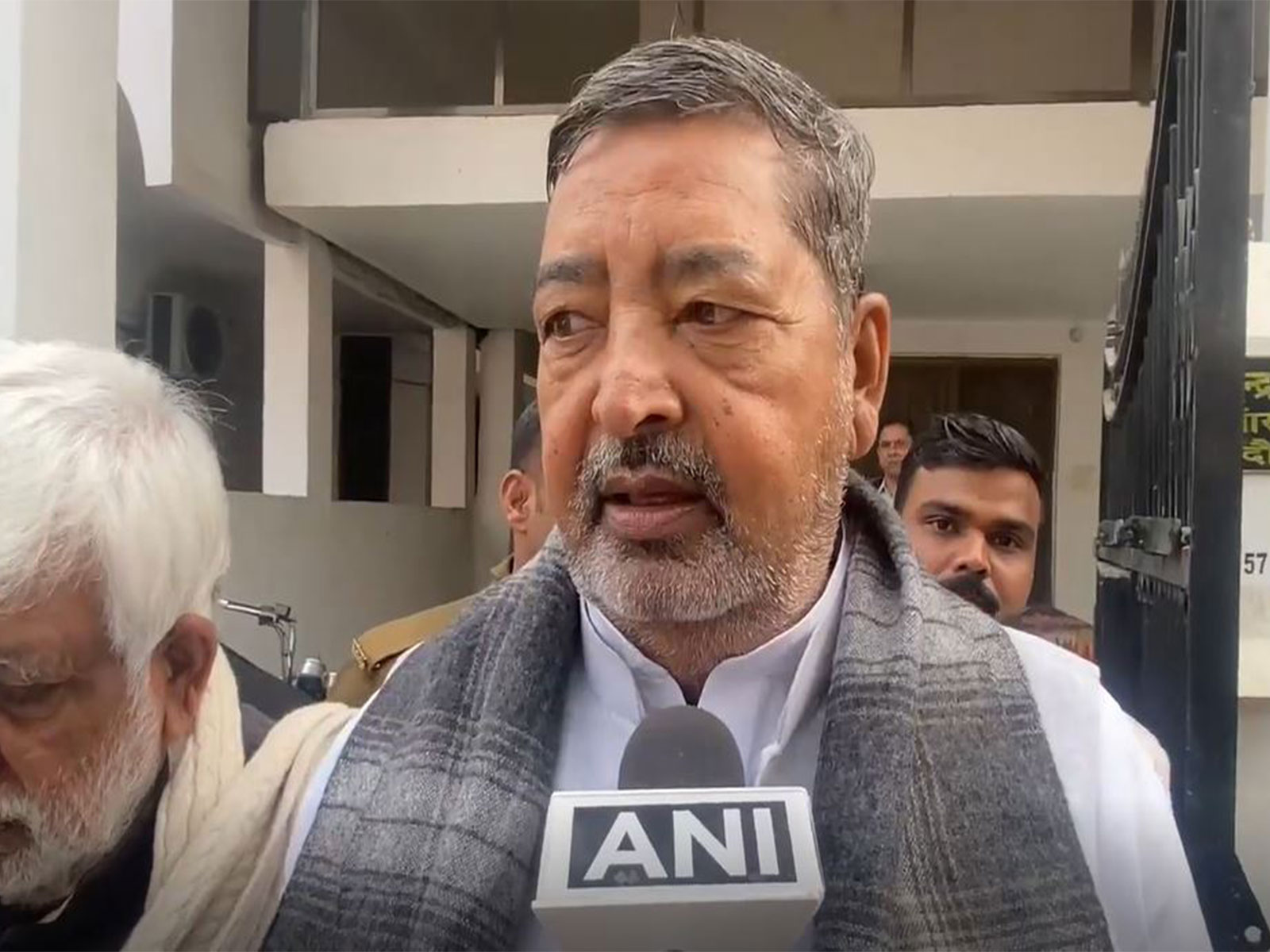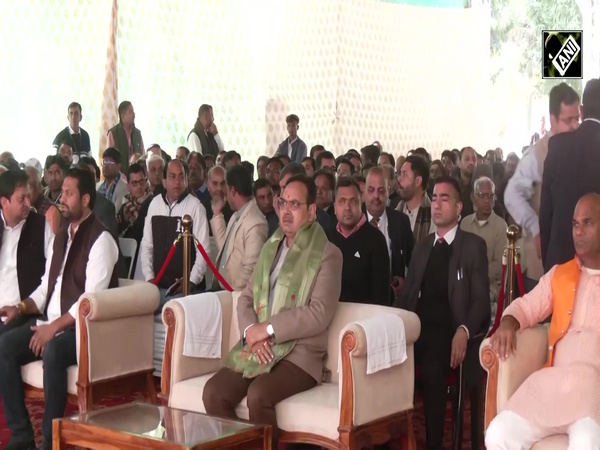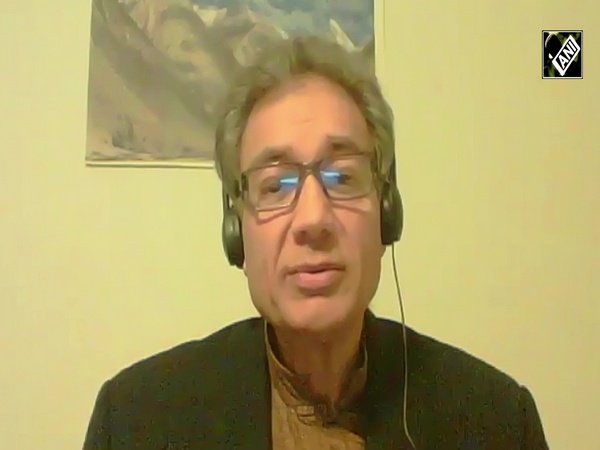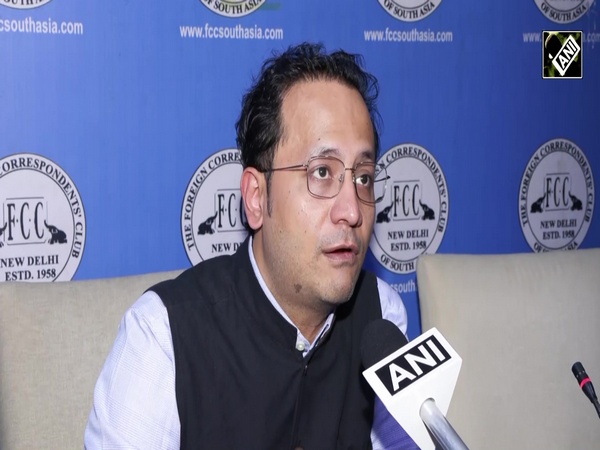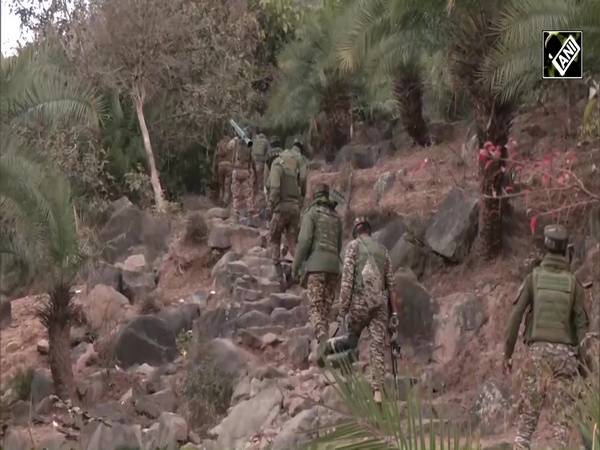G7 leaders vow action against rising threat of transnational repression
Jun 17, 2025

Kananaskis [Canada], June 18 : G7 leaders have issued a joint statement on Transnational Repression (TNR), voicing deep concern over its growing occurrence and describing it as a dangerous form of foreign interference.
"We, the Leaders of the G7, are deeply concerned by growing reports of transnational repression (TNR). TNR is an aggressive form of foreign interference whereby states or their proxies attempt to intimidate, harass, harm or coerce individuals or communities outside their borders," the statement read.
The leaders stated that such acts undermine national security, state sovereignty, and the safety and human rights of victims, while also violating principles of international law. "It has a chilling effect in our countries," they added.
The statement emphasised that TNR often targets dissidents, journalists, human rights defenders, religious minorities, and those identified as part of diaspora communities.
Building on this concern, the statement further condemned all acts of transnational repression, including threats or acts of physical violence, misuse of cooperation with other states or bodies, forced returns, digital harassment, spyware surveillance, and intimidation of family members.
"We also remain seized of threats by foreign states and their proxies to our citizens outside our borders, such as arbitrary detention," the leaders said.
Highlighting the need for a comprehensive response, the G7 leaders stressed the importance of working with civil society and the private sector to counter the threat. They pledged to build global understanding of the threat and its corrosive impact on human rights and democracy, develop a TNR Resilience and Response Framework, and launch a Digital TNR Detection Academy. They also committed to supporting those targeted by TNR, along with members of civil society.
"We will redouble our efforts to keep our communities safe, to defend human rights, including the freedom of expression online and offline, and to safeguard our sovereignty," the statement said.
Meanwhile, the G7 summit continued in the absence of US President Donald Trump, who left early to address the escalating conflict between Israel and Iran, CBC News reported.
Trump left the summit in Kananaskis, Canada, after Monday night's family dinner, citing the need to attend to pressing matters in the Middle East.
Trump expressed satisfaction with the summit's progress.
"I have to be back early. I loved it. I tell you I loved it. And I think we got a lot done," Trump told reporters Monday evening (local time), according to CBC News.
"But we had just a really great relationship with everybody. It was really nice. I wish I could stay for tomorrow, but they understand, this is big stuff," he added.
The summit has shifted its focus to address the Middle East crisis, with leaders discussing ways to respond to the escalating conflict between Israel and Iran. The G7 has issued a joint statement reaffirming that "Iran can never have a nuclear weapon" and calling for immediate de-escalation across the Middle East.
G7 leaders released a joint statement late that same night calling for a "de-escalation" of hostilities in the Middle East.
The joint statement from the group -- made up of Canada, France, Germany, Italy, Japan, the United Kingdom, and the United States, along with the European Union -- affirms Israel's right to defend itself and recognizes Iran as "the principal source of regional instability and terror" but also calls for some sort of "resolution."
"We urge that the resolution of the Iranian crisis leads to a broader de-escalation of hostilities in the Middle East, including a ceasefire in Gaza," the leaders said in their statement, made public after a working dinner at the summit.
